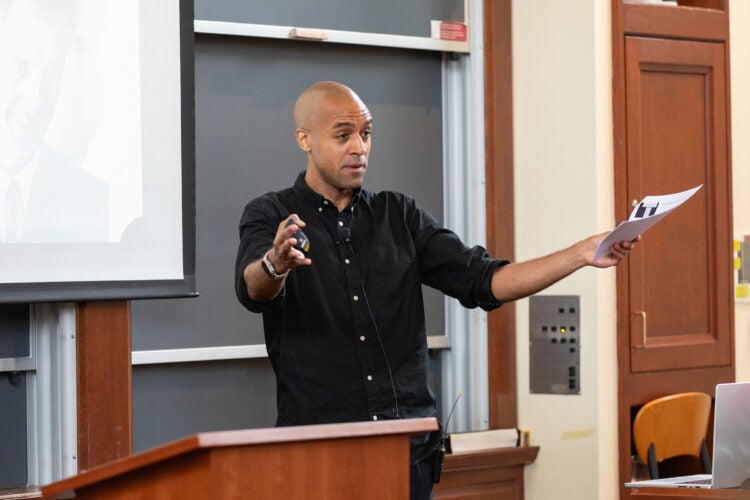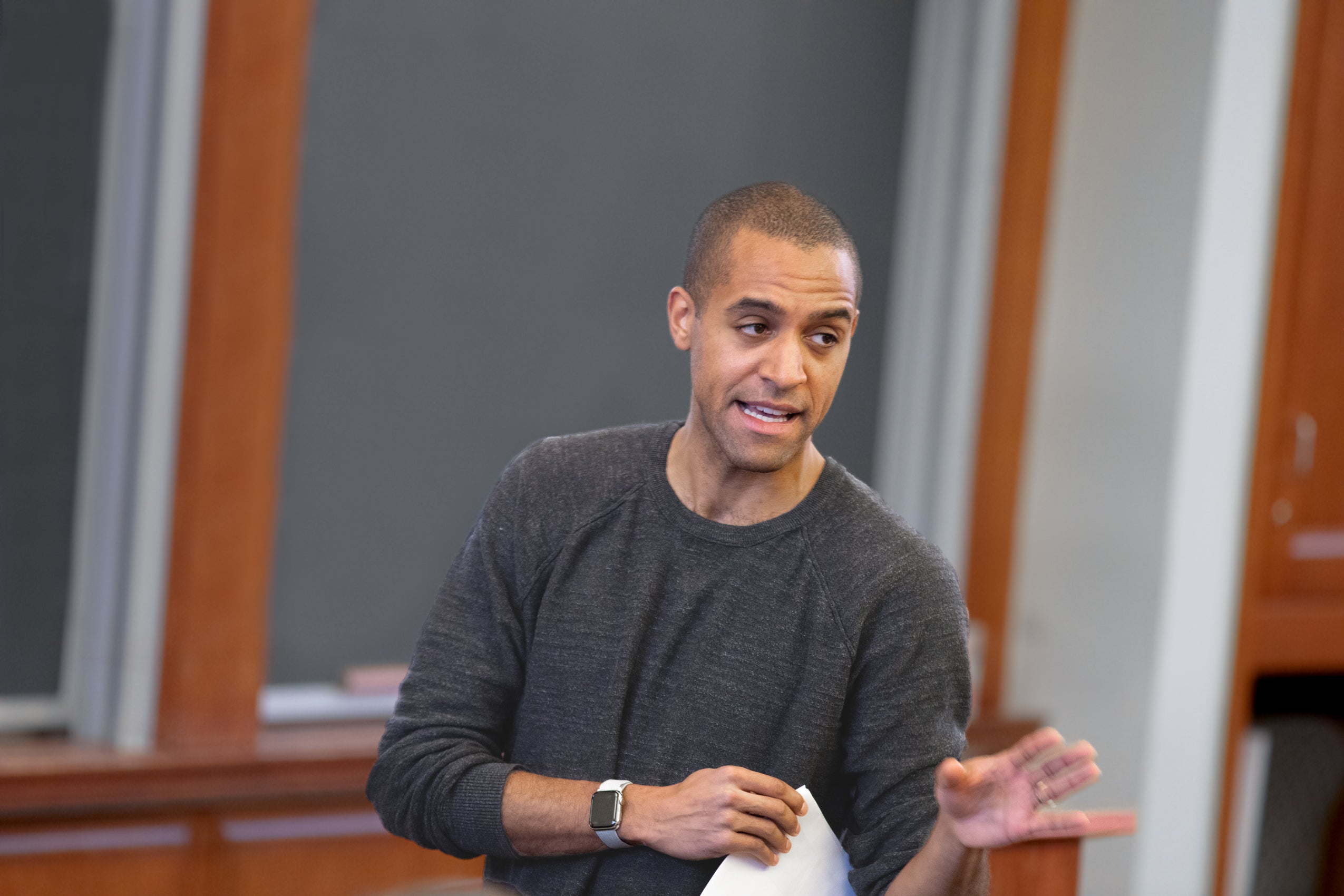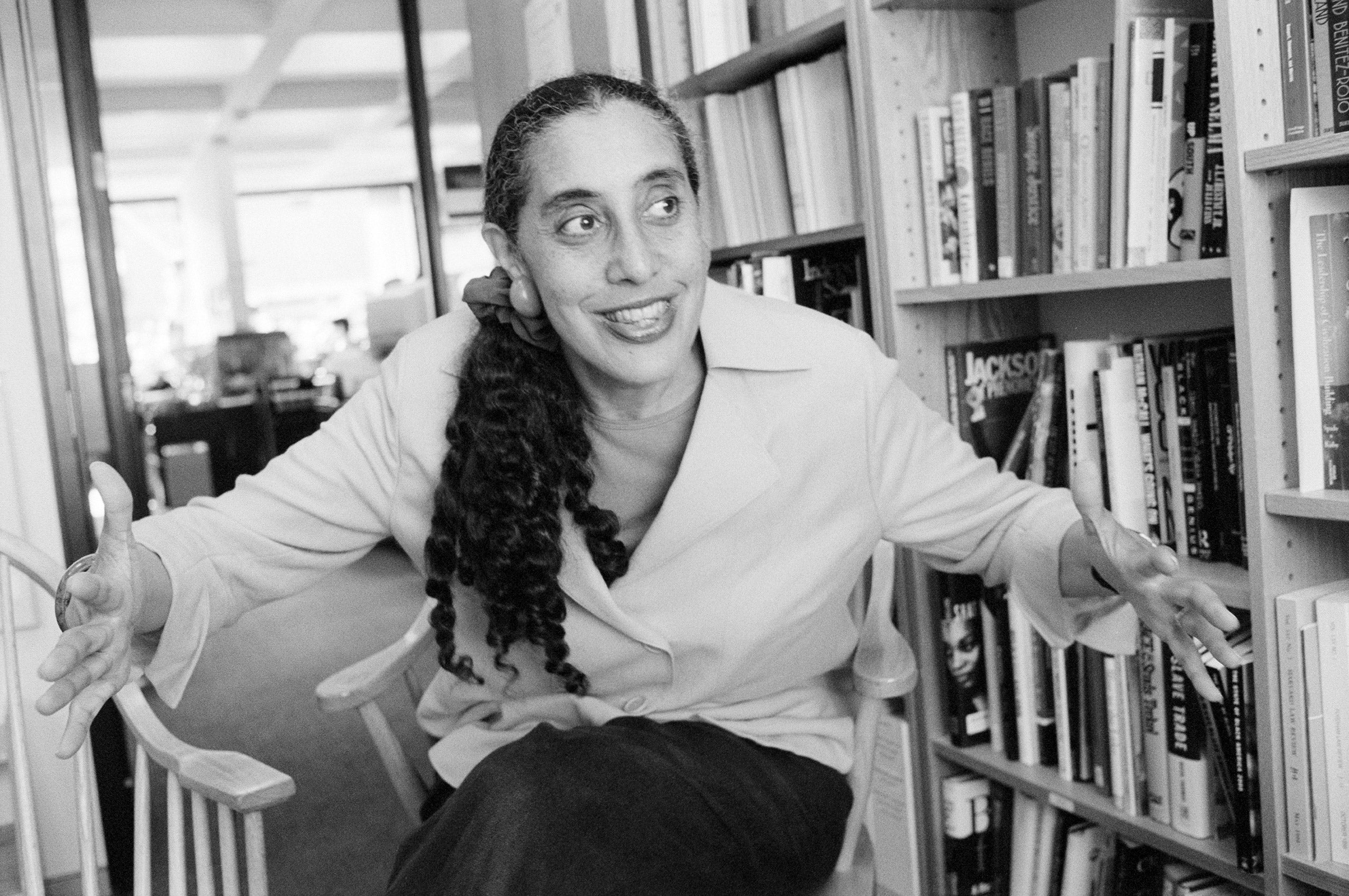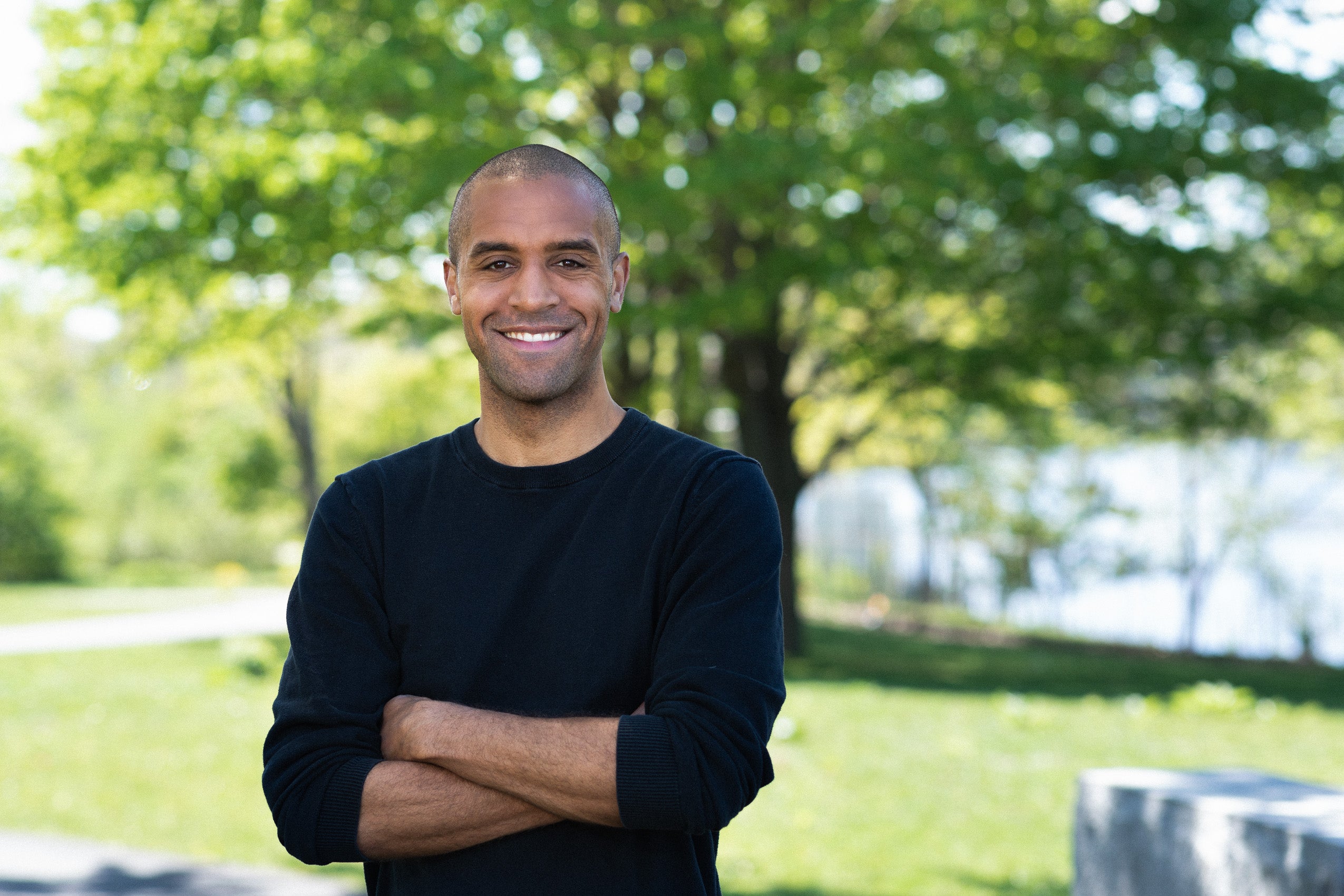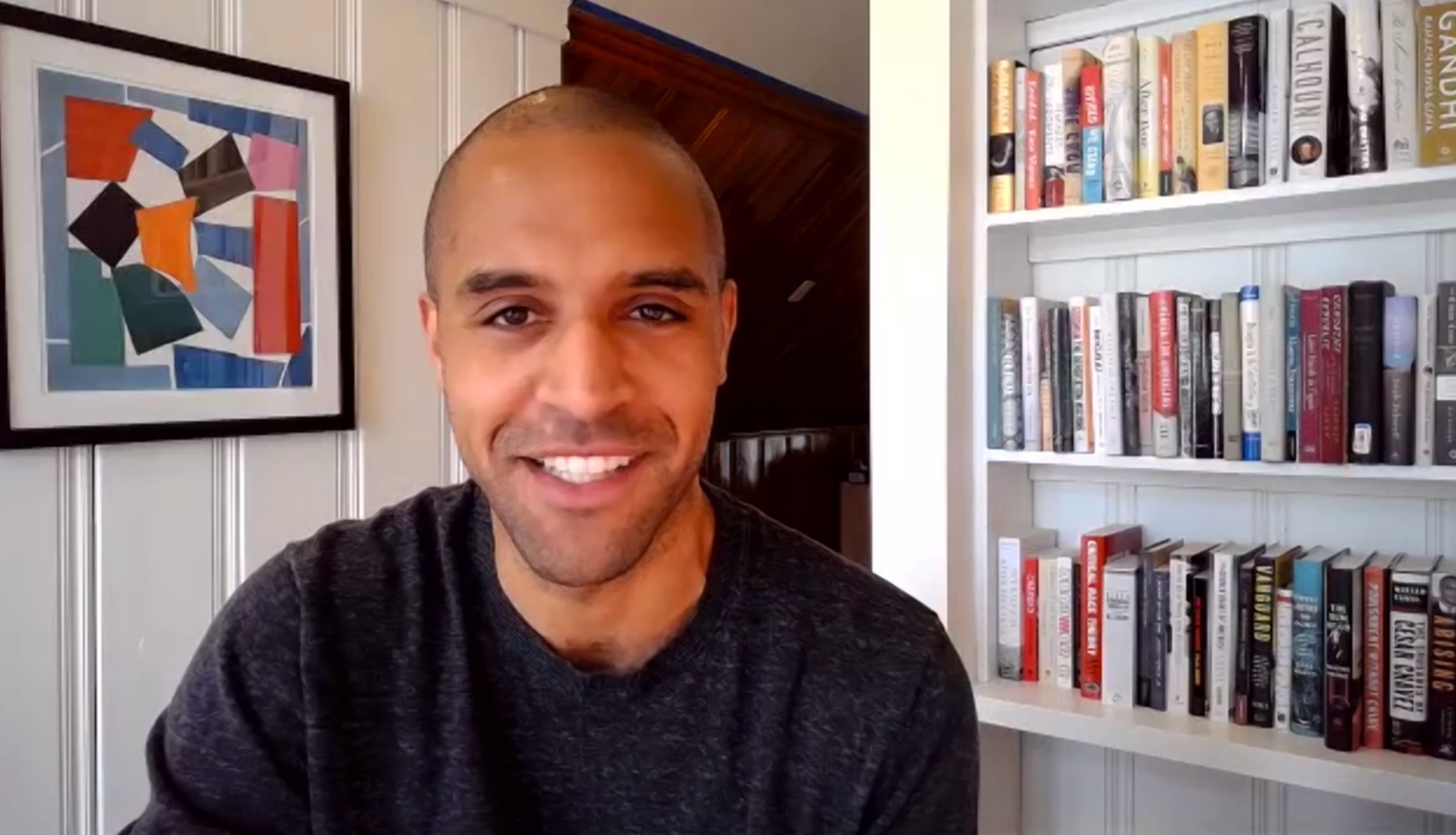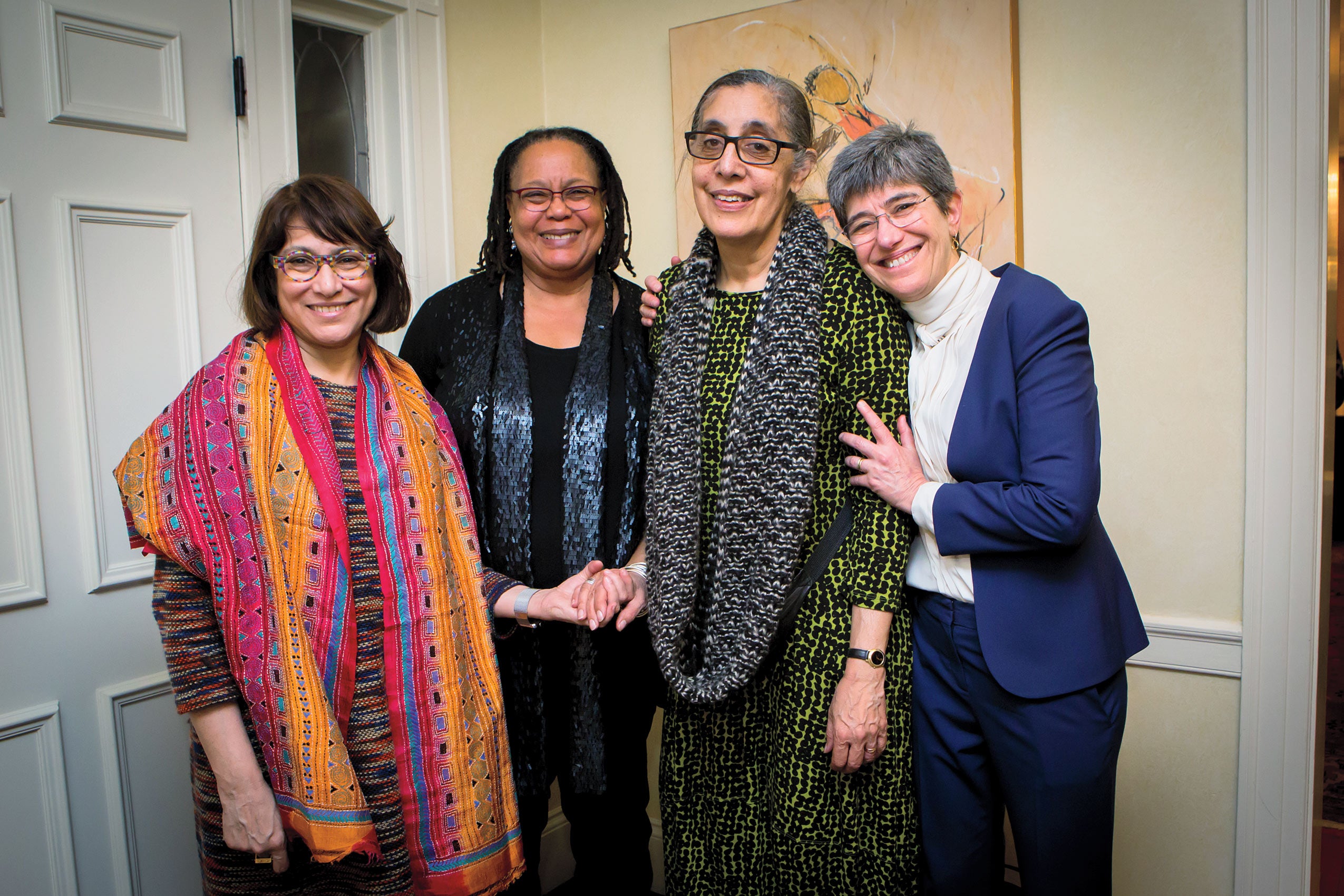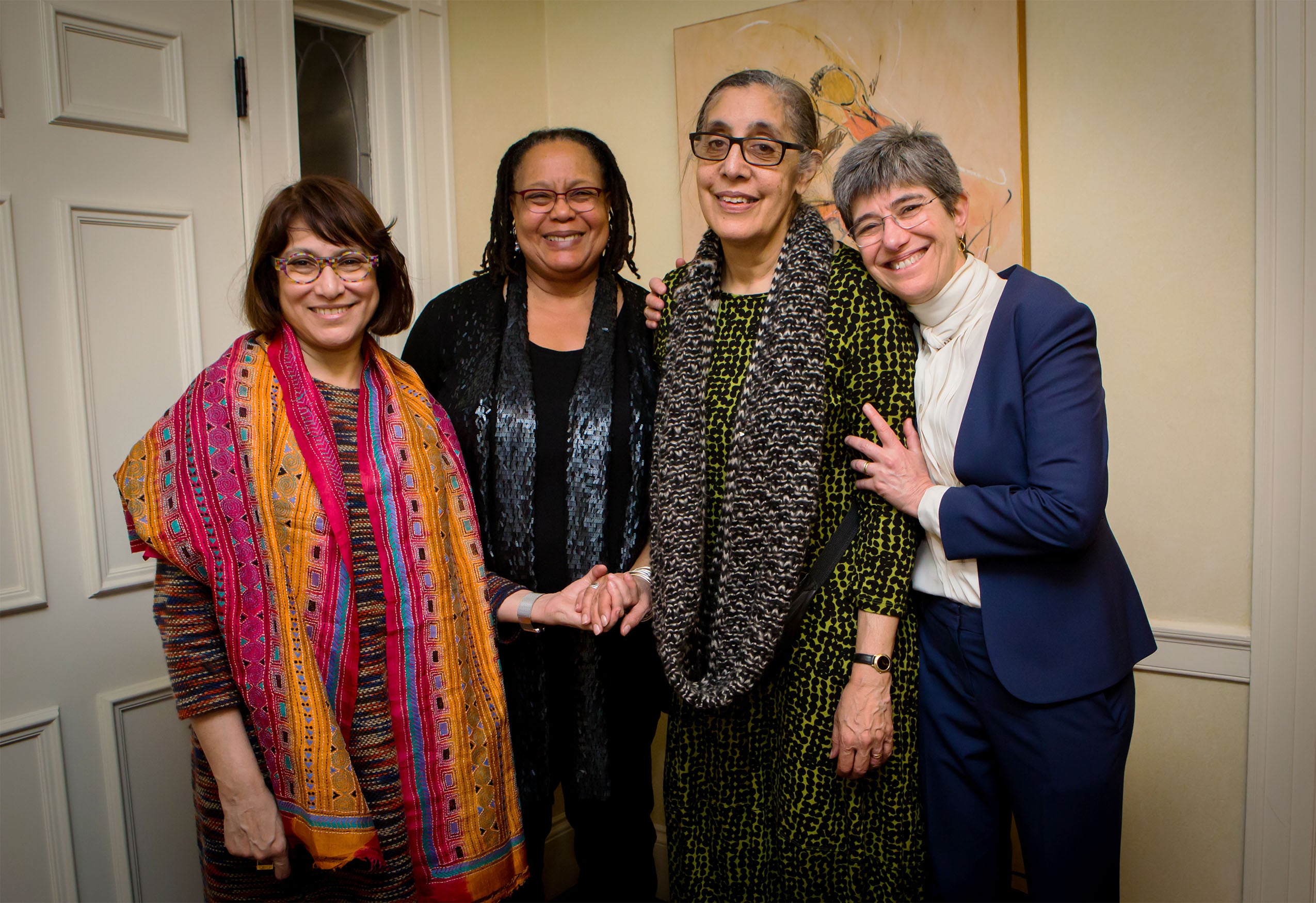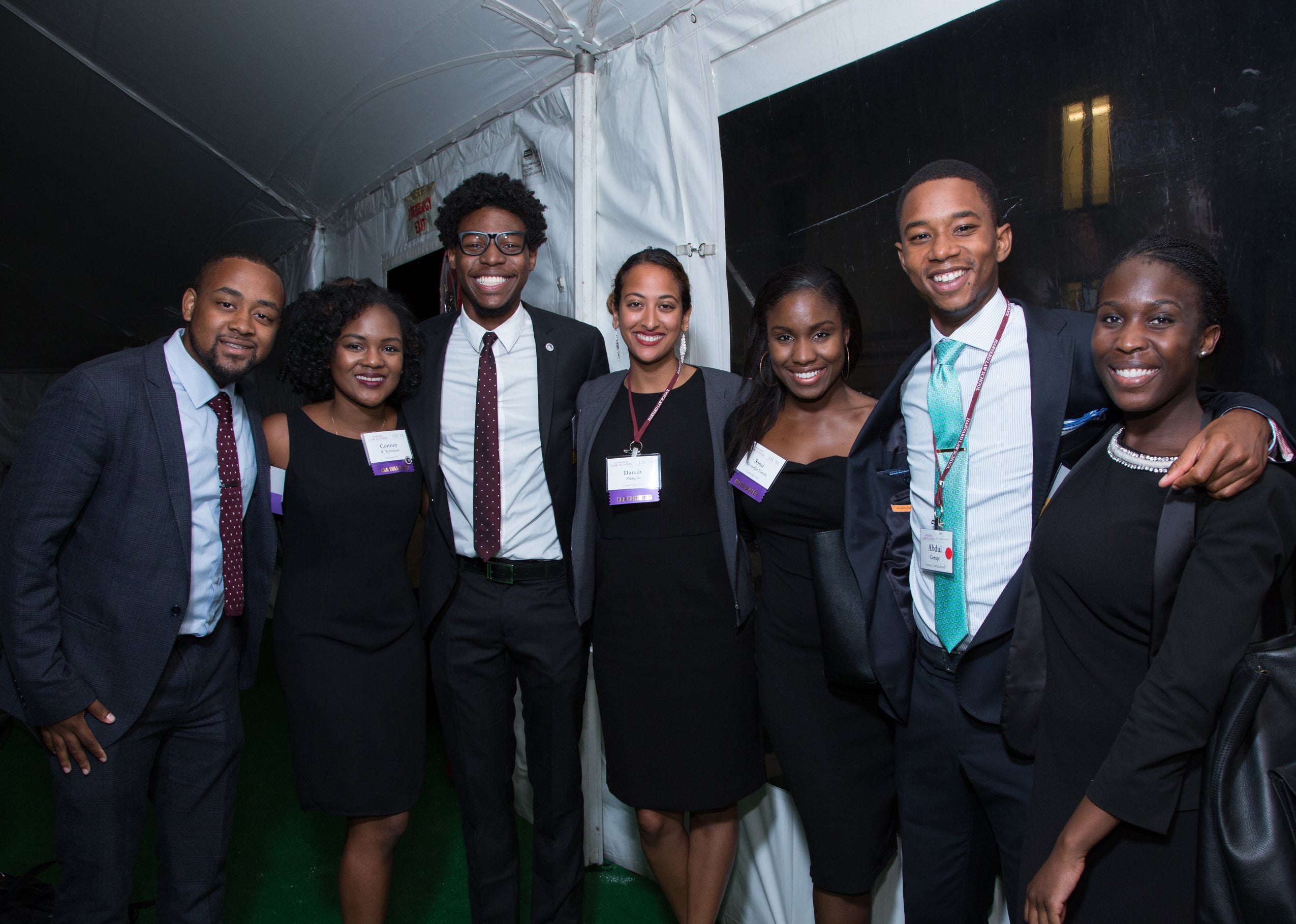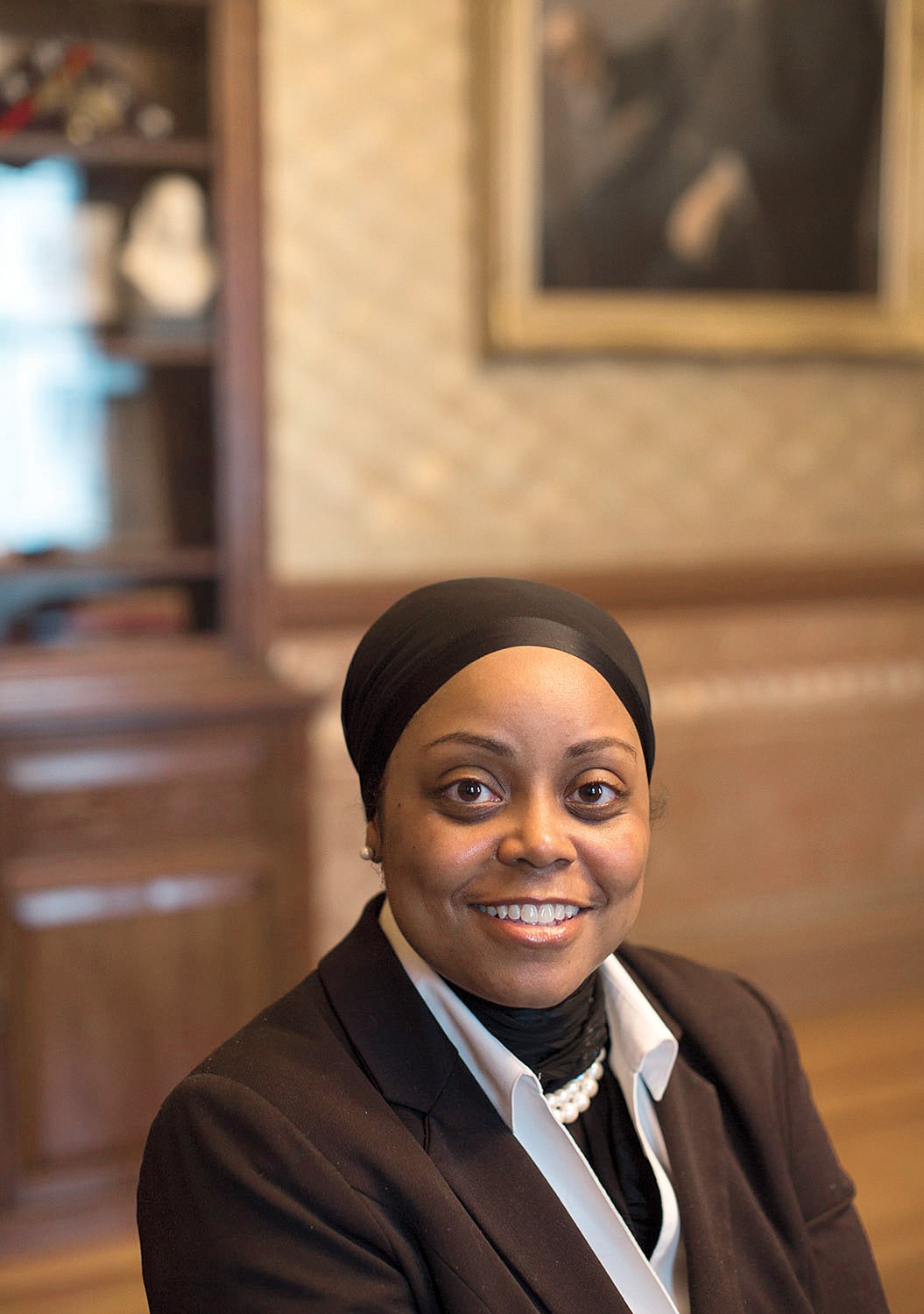People
Lani Guinier
-
Lani Guinier’s critics misjudged her if they hoped she would silently leave the public stage after her 1993 nomination to lead the US Justice Department’s Civil Rights Division crumbled amid rising conservative criticism and fading liberal backing. Nearly a year to the day after President Bill Clinton withdrew Ms. Guinier’s nomination, she spoke at a college graduation where she chastised conservatives for misrepresenting her work and supporters for saying she should have muffled her views. “These people suggest that if I had been more quiet about what I was about, that I would have gotten the job, and then I could have gone on and done the job,” she told graduates of Hunter College in New York City in June 1994. “But I believe that if silence is the price of admission, it is also the cost of doing the job.”
-
Lani Guinier, a lawyer whose innovative and provocative writings on racial justice and voting rights were used to undermine her nomination to lead the Justice Department’s Civil Rights Division early in the presidency of Bill Clinton, died Jan. 7 at an assisted-living facility in Cambridge, Mass. She was 71.
-
In Memoriam: Lani Guinier 1950 – 2022
January 7, 2022
Lani Guinier, the first African-American woman to be tenured at Harvard Law School and an influential scholar who devoted her life to justice, equality, empowerment, and democracy, died Jan. 7.
-
‘When you look back on your own career decades from now, make sure you can say that you’ve done the work of justice’
May 26, 2021
Nikolas Bowie ’14, the winner of the Sacks-Freund teaching award, imparts lessons he learned from another great teacher — his mother.
-
‘Our time is full of injustices … You must not be a product of your time,’ says Nikolas Bowie
May 5, 2021
“Attaining power does not make you a moral person,” said Nikolas Bowie ’14, assistant professor of law at Harvard Law School, in his April 22 Last Lecture to graduating students.
-
Some essential reading for ethically compromised parents
March 17, 2019
.... While teaching, I saw repeatedly the extent to which my students’ ethics — or ethical lapses — were shaped by their helicopter parents. Now, I’d love to be the one to put a learning on those adults. ...“The Tyranny of the Meritocracy: Democratizing Higher Education,” by Lani Guinier. Harvard law professor Guinier delivers an uplifting vision for higher education. She demands we abandon America’s “Testocracy,” which obsesses over standardized test scores that measure little more than access to privilege, in favor of a truly collaborative approach to admissions and education that emphasizes people’s holistic competence. This wake-up call asks America to shatter its current higher education paradigm, because it is neither equitable nor effective.
-
Celebrating Lani
June 26, 2018
At an event at Harvard Law School honoring Lani Guinier earlier this year, Susan Sturm invoked a phrase that was familiar to most of the attendees, a mix of Guinier’s family, colleagues, collaborators, friends and students. It was a line that Guinier often used when prodding her students into pushing harder and thinking deeper: “My problem is, if you stop there … ”
-
‘If you stop there…’
February 23, 2018
An event at HLS in February honored the work of Harvard Law School Professor Emeritus and Civil Rights Theorist Lani Guinier. Renowned for her books, including “The Tyranny of the Meritocracy,” Guinier joined the HLS faculty as Bennett Boskey Professor of Law in 1998.
-
Mentors, Friends and Sometime Adversaries
November 29, 2017
Mentorships between Harvard Law School professors and the students who followed them into academia have taken many forms over the course of two centuries.
-
Woodruff and Ifill Receive Radcliffe Medal
May 30, 2017
Amid applause and light drizzle, journalists Judy Woodruff and the late Gwen Ifill received the Radcliffe Medal at the annual Radcliffe Day Ceremony Friday...Woodruff was joined onstage by Walter S. Isaacson ’74, CEO and President of the Aspen Institute and bestselling author of “Steve Jobs” and “Benjamin Franklin: an American Life.” Their discussion covered a broad range of topics, including Woodruff’s friendship with Ifill, career challenges for women and minorities in journalism, and changing conditions for young journalists...Many attendees praised the discussion for how it dealt with issues of gender, race, age, and truth. Lani Guinier ’71, a professor at the Law School, called the discussion, “Amazing, powerful, and emotionally difficult.”
-
The Voter Fraud Case Jeff Sessions Lost and Can’t Escape
January 9, 2017
When Senator Jeff Sessions of Alabama, Donald J. Trump’s choice for attorney general, answers questions from the Senate Judiciary Committee on Tuesday, he can expect to revisit a long-ago case that has followed him. In 1985, when Sessions was the United States attorney in West Alabama, he prosecuted three African-American civil rights activists, accusing them of voter fraud...Asked by a grand juror whether she’d voted absentee for the first time in the September primary, a Perry County resident named Fannie Mae Williams answered: “Uh-huh. First and last.” Two other women told the grand jury they were done with voting, according to the book “Lift Every Voice,” by Lani Guinier, a professor at Harvard Law School...Hank Sanders organized a team that included defense lawyers from the NAACP Legal Defense and Educational Fund and the Southern Poverty Law Center, including Guinier.
-
Law School Professors Sign Letter Opposing Sessions Nomination
January 6, 2017
Sixteen Harvard Law School faculty members have joined thousands of other law professors across the country in signing a letter opposing Republican U.S. Senator Jeff Sessions’s nomination as United States Attorney General... Law School professor Ronald S. Sullivan Jr., who signed the letter, said Sessions’s record on voting rights, especially for minorities, is deeply troubling to him. “The aim of the letter is to raise the significant issues about voting, which is fundamental to our democratic experiment and, once these issues are raised, we hope that the committee and the citizenry in general would not support this nominee,” Sullivan said. “We certainly think that, party affiliation aside, no Attorney General should have taken such a radical view about voting rights laws.”
-
CBA 2016: Turning Vision into Action
September 30, 2016
Over 800 alumni returned to Harvard Law School for the fourth Celebration of Black Alumni (CBA), Turning Vision into Action. The event brought together generations of black alumni to reconnect with old friends, network with new ones and take part in compelling discussions about the challenges and opportunities in local, national and global communities.
-
Facing Down Discrimination
May 10, 2016
Raheemah Abdulaleem ’01 was standing on a Washington, D.C., street corner in 2009 on her way to work at the Justice Department’s Civil Rights Division when a man yelled at her from his car to “go back to your country.” An African-American who grew up in Philadelphia in a family whose roots in the United States are nearly as old as the country, Abdulaleem was wearing a hijab, the traditional headscarf worn by some Muslim women.
-
The Real Issues Behind Getting Into College
April 12, 2016
If you’ve crammed for the SATs, agonized over creative essay topics, or pestered teachers for recommendations, then you know something about our college admissions process. Namely, that it is very stressful and very complicated. But there are critics who say it’s more than just stressful. It’s totally wrong, and it’s hurting America. Lani Guinier is one of those critics - and she wants a complete redesign: “It has its benefits, but it also has stakes that eliminate the option, or the opportunity, for many working class whites, low-income blacks, to even consider going to these higher education schools.” Guinier is the author of The Tyranny of the Meritocracy and a professor at Harvard Law School.
-
The Commodification of Higher Education
March 30, 2016
...Few would argue that the rankings have helped shape a world in which students are seen as consumers, and colleges and universities as commodities. The rankings are a key reason the higher-education landscape today operates like a marketplace in which institutions compete to convince the best students to buy their product...And as for the movement away from admissions tests? Fewer and fewer colleges may be requiring applicants to submit scores, but that doesn’t mean their presence is waning. According to a recent Education Week analysis, high-school testing is tilting heavily toward those very exams: Twenty-one states now require students to take the SAT or ACT, and a dozen use one of the exams as part of their official, federally mandated accountability reports on high-school students. As the Harvard Law professor Lani Guinier, a staunch critic of elite-college admissions, wrote in her book, The Tyranny of Meritocracy: “This is testocracy in action.”
-
What Ails the Academy?
October 21, 2015
...The distressing features of this much larger part of the higher-education industry have spawned a critical, even dire, literature that merits attention for its own sake—and because the issues echo in the elite stratum, too. And for those seeking entry to the top-tier institutions, the ever more frenzied admissions lottery has begun to provoke overdue skepticism. Herewith, an overview of some recent books with heft....Lani Guinier looks beyond Bruni’s personal narratives and advice to the societal consequences of college admissions as the ultimate funneling device. In The Tyranny of the Meritocracy (Beacon, $24.95), the Boskey professor of law advances a broad argument about the definition of merit as social benefit rather than as individual accomplishment, and the role of inclusiveness in strengthening the civic fabric and better addressing human problems.
-
Jasleen Kohli estimates that she’s attended more than 100 protests, but until 2013 she couldn’t get arrested in this town. As a lawyer, she often was called on to witness demonstrations and spring her fellow activists from jail...These days, as director of UCLA law school’s Critical Race Studies program, Kohli trains students to scrutinize the role of race in the justice system...Mentored by Lani Guinier, Bill Clinton’s short-lived nominee for assistant attorney general for civil rights, Kohli gravitated toward economic justice issues. “Think about jobs, housing, education — a lot of it comes down to different access to resources. The way those resources are allocated comes from a history of racism and institutional privilege.”
